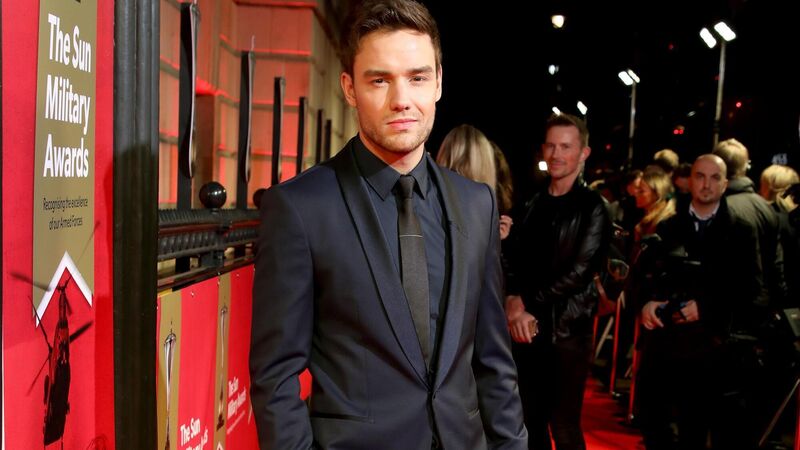Suzanne Harrington: Liam Payne was promised fame and fortune — what he got is no tomorrow

Liam Payne attending The Sun Military Awards 2020 held at the Banqueting House, London.
“I can remember when there were 10,000 people outside our hotel. We couldn’t go anywhere. It was just gig to hotel, gig to hotel. And you couldn’t sleep because they’d still be outside.”
Imagine that’s your life, and you’re constantly being told that you’re living the dream. Except now it’s your waking reality, 24/7.





